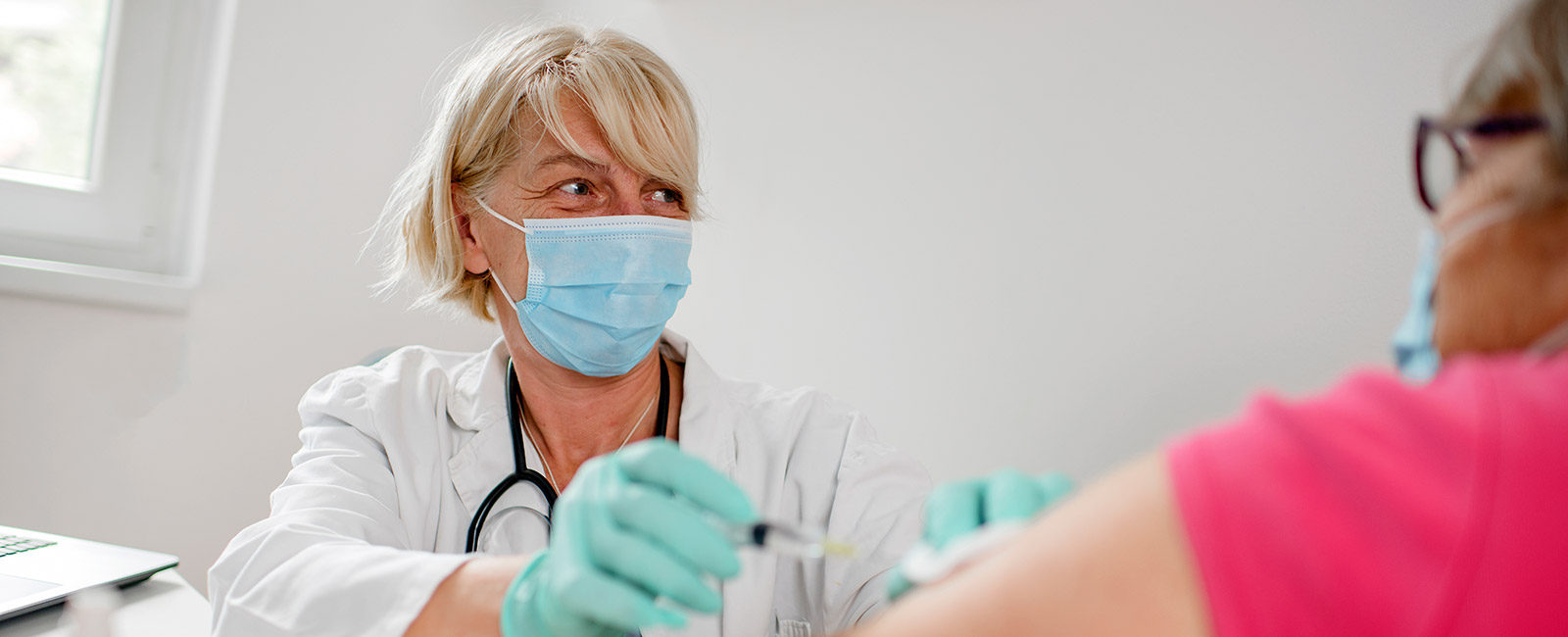Obesity health risks from COVID-19
Unfortunately, if you have a higher BMI, you’re more likely to get seriously ill from COVID-191.

COVID-19 & Obesity health risks
Two thirds of Australians are overweight or obese.2 With COVID-19 circulating in the community, you have a 46% higher chance of getting COVID3 and you’re more likely to be hospitalised and need ventilation.
Chronic inflammation, a weakened immune system and metabolic problems are all believed to be why you’re at increased risk of complication from COVID-19. It may also be because of impaired lung function from excess weight4.
If you get COVID-19, it may also increase the population infection as the viral load may be higher5 and viral shedding takes longer6.
Hospitalisation and therapies for COVID-19
Patients with obesity who contract COVID-19 have a 113% higher risk of being hospitalised3.
Studies have also found people with obesity are more likely to need oxygen and invasive mechanical ventilation if you’re diagnosed with COVID-197.
You’re also 74% more likely to be admitted to the intense care unit3.
Other common therapies, such as intubation, masks and lying patients on their front to reduce lung pressure, can be more difficult with a larger body mass3.
Mortality
Unfortunately, you may have a higher risk of dying from COVID-19 if you have obesity. The risk of death increases with the level of obesity8.
How to avoid complications from COVID-19
There is good news. COVID-19 vaccinations are shown to be effective in people with obesity9. One of the best ways to protect yourself from COVID-19 is to get vaccinated.
Studies have also found that treating obesity successfully reduces your chances of complications if you get COVID-1910. It will also lower your risk of other diseases like Type 2 diabetes, cancer and heart disease.